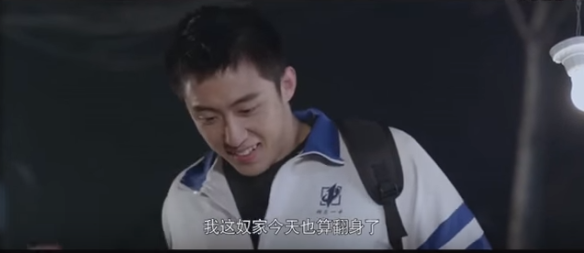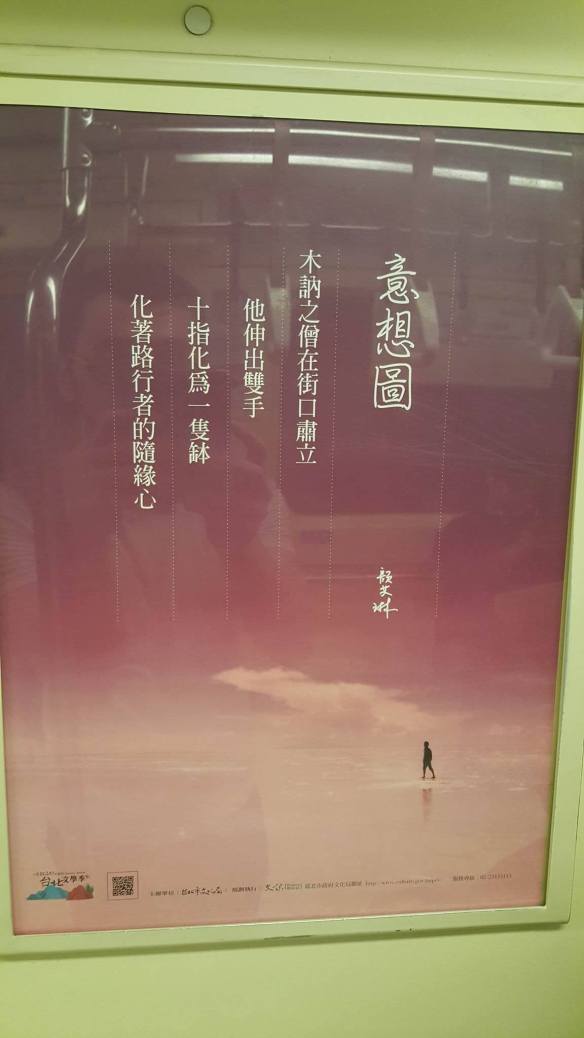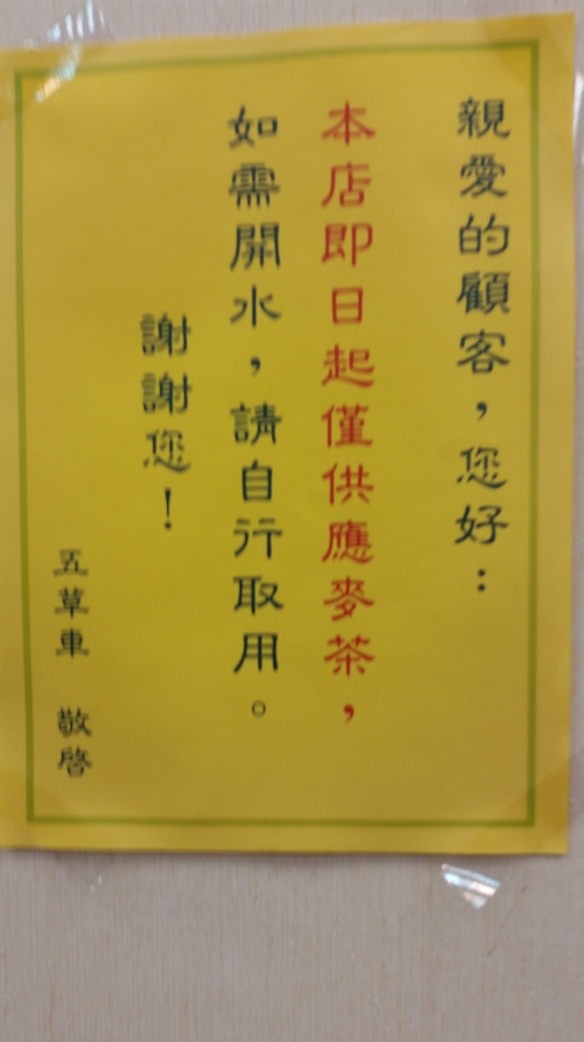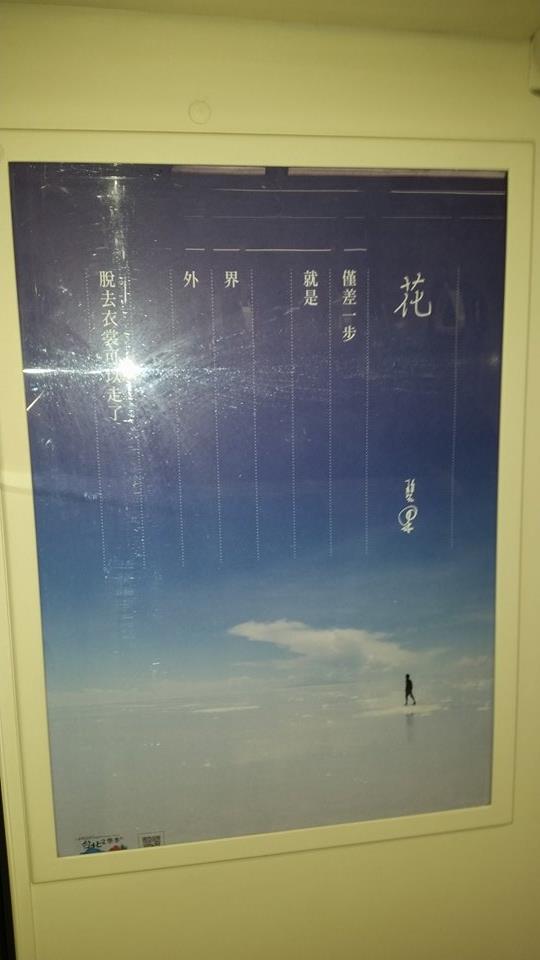So I watched Addiction/Addicted or 《上癮》 the gay-themed Chinese drama that got banned recently and… I thought it was great for a Chinese drama. If you don’t want spoilers skip down past the first photo. Although let’s face it, spoilers aren’t really a concern with formulaic but fun dramas.
Albeit it’s a little bit problematic that stalking, rape, kidnapping and violent jealousy are treated as normal (and almost comical) ways in which the couple finally get together. If I hadn’t seen a lot of straight Chinese dramas along similar themes, I would think this was an attempt to demonize the gay community, but in other series that don’t feature gay themes and even in the straight relationships featured in the series, bat-shit crazy is seen as a normal expression of love. Although it may be seen as encouraging unhealthy behaviour in relationships, let’s face it, this is a soap opera, so drama is par for the course. It was therefore a little bemusing to see the couple waking up as lovers the night after the kidnap before – but let’s not try and find too many life lessons here and explore some of the language instead! My friend told me the book is worth a read and is a bit of a tear-jerker, but can’t find it on online bookstores.

So this may all be common knowledge for those of you who studied Chinese in Beijing, but for learners in Taiwanese, it can raise a few eyebrows. Here we see the phrase 「每次都找我的茬」「茬」(chá) could be replaced by 「麻煩」, as the phrase means “He’s always trying to make trouble for me”.
The second word 「慫」 (sǒng) seems to mean “I couldn’t be arsed arguing with you, so you can have it your way” – a super long explanation for one tiny word, lol.

The next term 「奴家」 isn’t really a slang term, I just thought it was funny to hear in the context of banter between two bi-curious guys in a Chinese drama

Dahai uses 「奴家」(a humble self-referential term used by women) as a jokey self-reference.
Below we’ve got the old classic 「咋了」 which just means 「怎麼了」

Happy to get an earful from any Beijingers who take issue with any of the interpretations here or just be nice and leave some more Beijing slang in the comments section.











 If you’ve been in Taiwan for a substantial period of time but didn’t grow up here, chances are you’ve sat on the outskirts of an hilarious conversation involving characters from the books of martial arts novelist Jin Yong (also known as Louis Cha) during which you’ve had completely no idea what was going on, or what the jokes were about. This has been my fate on several occasions, as, although I’ve bought several volumes of Jin Yong’s novels, I’ve never mustered up the courage to commit to reading a whole one and they’re currently rotting on my shelves. Given that generations of teenagers in Taiwan have read most of the Jin Yong canon, there are a lot of mainstream cultural references that revolve around these books.
If you’ve been in Taiwan for a substantial period of time but didn’t grow up here, chances are you’ve sat on the outskirts of an hilarious conversation involving characters from the books of martial arts novelist Jin Yong (also known as Louis Cha) during which you’ve had completely no idea what was going on, or what the jokes were about. This has been my fate on several occasions, as, although I’ve bought several volumes of Jin Yong’s novels, I’ve never mustered up the courage to commit to reading a whole one and they’re currently rotting on my shelves. Given that generations of teenagers in Taiwan have read most of the Jin Yong canon, there are a lot of mainstream cultural references that revolve around these books.
